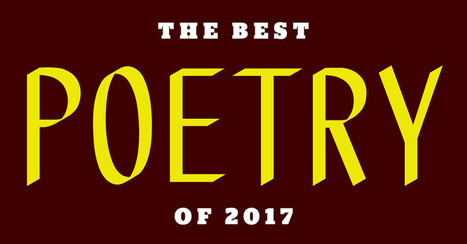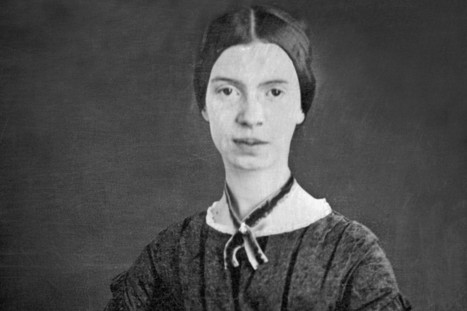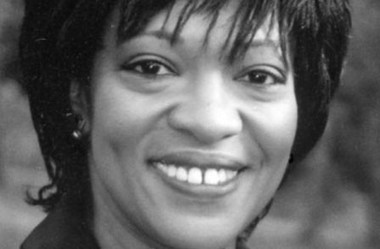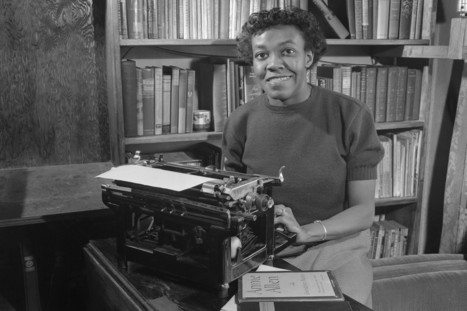From verse about Columbus Day to trying to masturbate on election night — these poems have range.
Research and publish the best content.
Get Started for FREE
Sign up with Facebook Sign up with X
I don't have a Facebook or a X account
Already have an account: Login
Reviews, essays, interviews, poems, awards, author profiles, podcasts, and more
Curated by
bobbygw
 Your new post is loading... Your new post is loading...
 Your new post is loading... Your new post is loading...
|
|






















